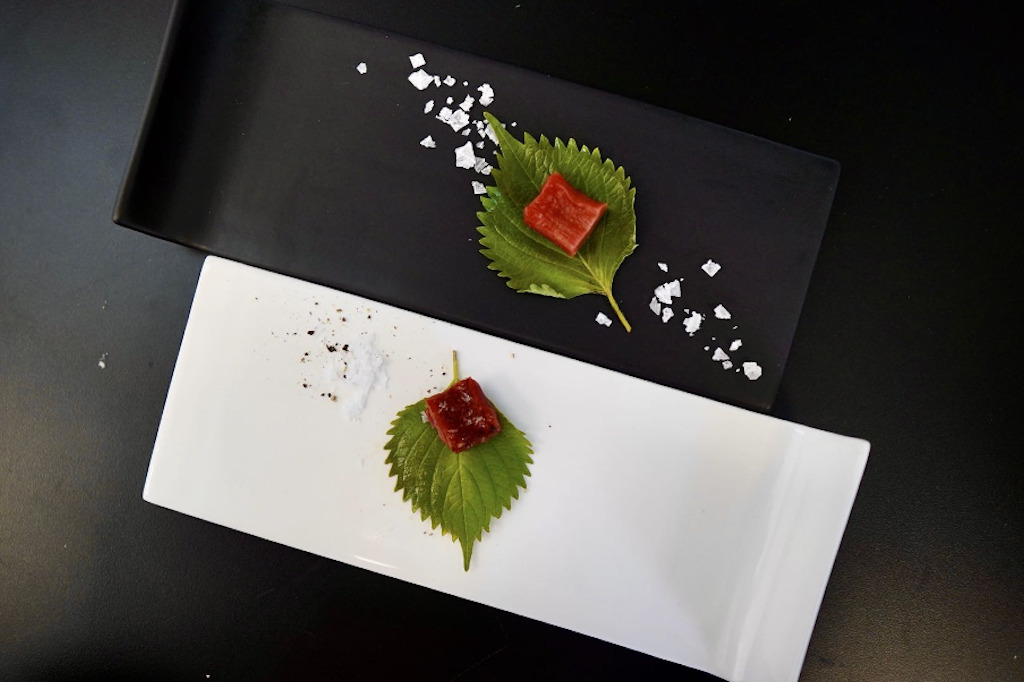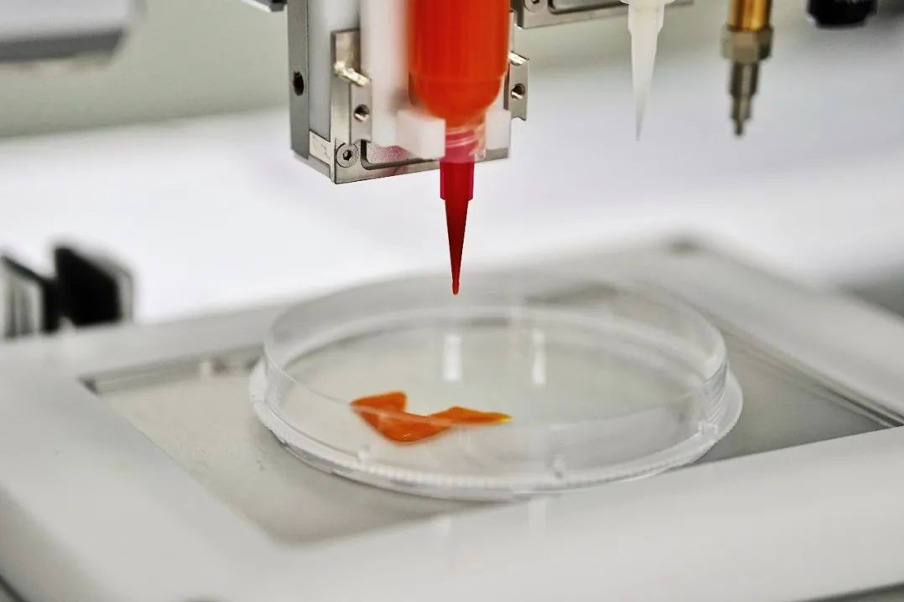Shanghai Startup CellX Debuts Cultivated Pork, Bags $4.3M To Bring Cell-Based Meat To China
4 Mins Read
Shanghai-based food tech CellX has just debuted samples of cell-based pork closed a new funding round with $4.3 million. The round, led by prominent Chinese investors ZhenFund, will go towards fuelling CellX’s ongoing R&D and expansion, with a view to bring sustainable cell-based meat to Chinese consumers.
CellX has secured $4.3 million in its second funding round led by ZhenFund, the Beijing-based VC co-founded by Bob Xu and Victor Wang of Chinese tech giant New Oriental fame. ZhenFund was created in collaboration with Sequoia Capital China, the Chinese arm of the Menlo Park-based tech VC that jumped early on to back names like Apple, Google and Instagram.
Other investors in CellX’s round, which comes just months after its initial $500,000 pre-seed in late 2020, include Lever VC, Better Bite Ventures, Sky9 Capital and K2VC.
Bringing cell-based meat to Chinese diners

Founded in 2020, CellX is ambitious to become the first homegrown startup to commercialise cultivated meat in China. Started by a science-led team including Ziliang Yang, Ran Liu, Dr. Ning Xiang, Dr. Binlu Huang, the company is one of just three companies in the country dedicated to culturing meat directly from animal cells.
With the fresh funds, the Shanghai startup says it plans to “rapidly expand” its team with new hires, as well as form scientific partnerships with institutions to accelerate R&D. Earlier this year, the company debuted its technology at Brinc’s Virtual Demo Day, and also made it to the semifinals of the XPRIZE Feed the Next Billion competition.
CellX says its focus is squarely on the Chinese market, where food security is a top-priority concern amid the ongoing pandemic and rising livestock diseases such as African swine fever, which has significantly disrupted the country’s protein supply chain. During the pandemic-stricken year of 2020, agri-food solutions within China saw record levels of funding, bagging $6 billion, a a 66% increase from the year before.
In a statement, the startup said: “With over half of global pork supply consumed in China, and as the Chinese government commits to cut carbon aggressively in the next few decades, cultivated meat is considered a solution for China’s pork crisis and food security issue.”
Aside from cell-based pork, the company is also eyeing cultured fish, with Asia-Pacific consumers driving nearly three-quarters of the projected rise in seafood demand in the coming years.
First Chinese cultivated pork samples
On Saturday (September 4), Reuters announced that CellX had successfully hosted its first tasting event for cell-based pork. Investors and leading alt protein players were invited to sample the company’s products. Doris Lee, General Manager of GFI Consultancy, who attended the event said: “By creating whole-cut cultivated pork samples, using innovative non-animal structures and advanced 3D printing technologies, Chinese startups like CellX are building the foundation for the next generation of meat production. If this emerging sector receives adequate financial and regulatory support, China has the potential to address threats of swine fever outbreaks and antibiotic resistance and further strengthen its position as the world’s top producer of pork, while also sharply cutting its climate impact.”
Regulatory hurdles
As the startup’s team of 25 scientists races ahead with R&D, building on its structured bio-printed cultured meat and scaffolding prototypes, CellX is going to have to climb over two major hurdles before it reaches the market.
The first is regulation, with Singapore being still the only country so far to have given the go-ahead to sell cultured meat, though Qatar is now likely on the cards, given Eat Just’s latest partnership to build a facility in the Umm Alhoul Free Zone. Currently, Chinese authorities have been relatively supportive of the plant-based meat sector, issuing the first industry standards earlier this year, but it is still unknown whether cultured meat approval is on the cards soon.

There are some positive signs, however, with the national advisory body discussing cellular agriculture as a solution to bolster the country’s food resilience in May last year.
“Cultivated meat was discussed as a major solution to make China’s food supply more sustainable and crisis-resilient,” says CellX in a statement. “Cellular agriculture is well-positioned to help China solve its food security issues and achieve carbon neutrality.”
Chinese consumer acceptance
Another obstacle to get to market is consumer acceptance. Current research indicates that unlike other markets, Chinese consumers aren’t as motivated to switch to alternative proteins on the basis of environmental or sustainability concerns. Instead, food safety, health and nutrition appear to be the key factors—and cultured meat makers are going to need to position their products with this in mind.
One paper published in the peer-reviewed journal Foods, which involved more than 4,600 respondents in China, found that over half the population—nearly 53%—would be willing to try cell-based meat. But the main considerations were food safety and nutrition, while animal welfare and the environment were far less significant factors.
Another study came to similar conclusions and recommended brands emphasise the food resilience and health benefits of cell-based meat products to appeal to mainstream Chinese diners.
All images courtesy of CellX.




